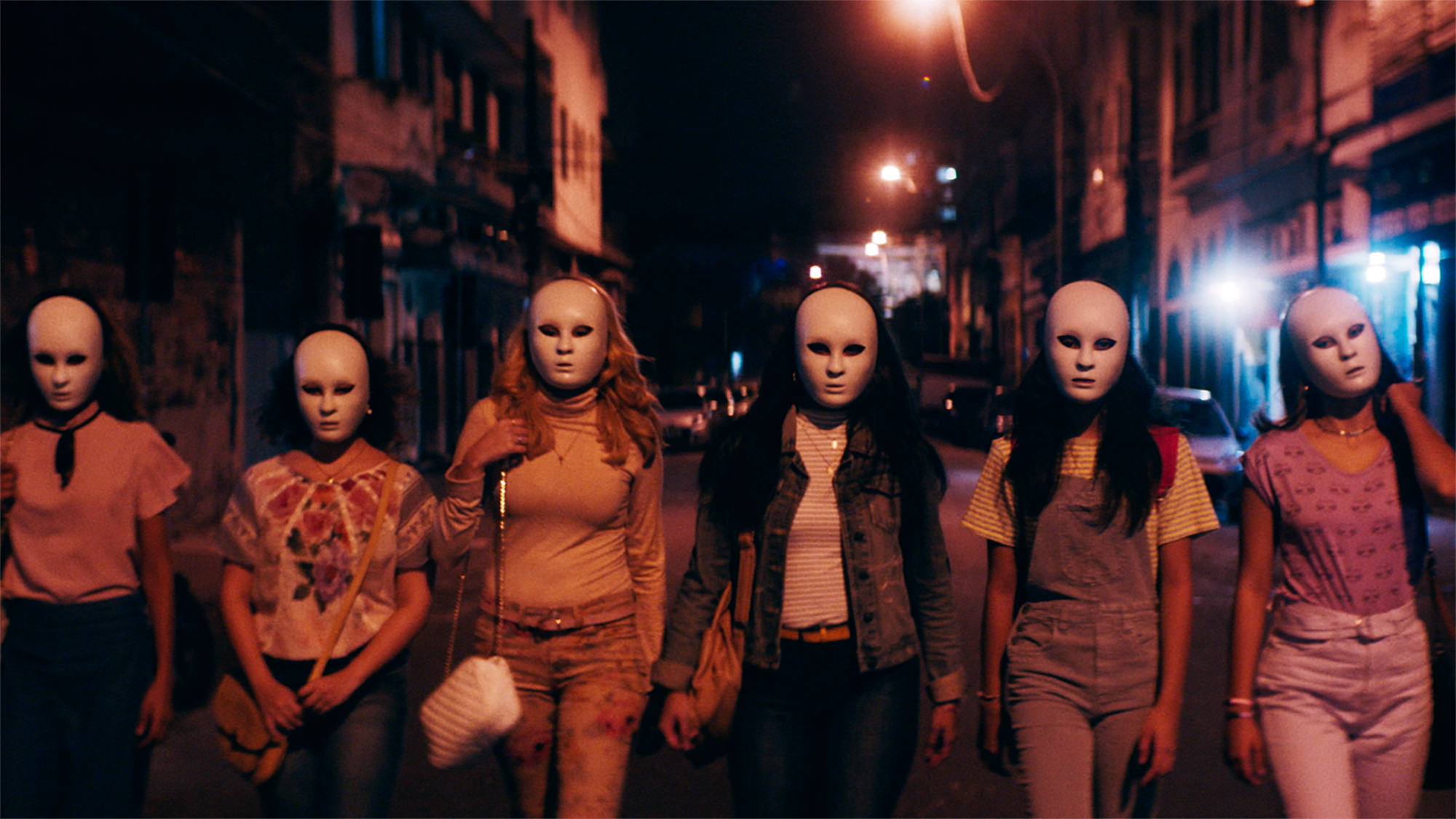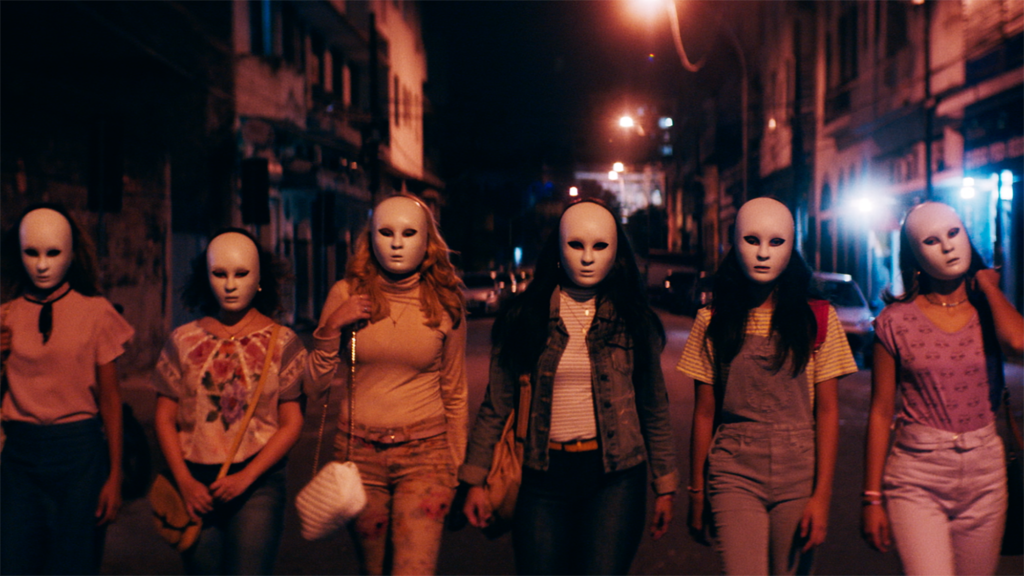Pick of the Day: “Medusa”
I can’t lie: At this point in time, I’m not above indulging in schadenfreude when I hear about people who have played an active part in rolling back women’s rights — white feminists, Phyllis Schlafly wannabes, Karens, dumbass male...

I can’t lie: At this point in time, I’m not above indulging in schadenfreude when I hear about people who have played an active part in rolling back women’s rights — white feminists, Phyllis Schlafly wannabes, Karens, dumbass male legislators, the Christian right, etc. — reaping what they’ve sown. It gives me a twisted sense of pleasure to see someone who has been deluding themself for so long finally being forced to open their eyes and understand they’ve created a monster.
I’m guessing Brazilian filmmaker Anita Rocha da Silveira is familiar with what I’m talking about, judging from her latest feature, Cannes 2021 selection “Medusa.” Employing thriller and horror elements, she turns her gimlet eye on the patriarchy, particularly how it turns women against one another. Displaying more empathy than I could probably muster, the writer-director also asks if — in a world in which women are subjugated by the state, the church, and every other institution — the only agency a woman has is in policing other women. If the only way a girl can express her rage is by aiding and abetting her oppressors.
The surprisingly endearing Mari (Mari Oliveira) is second-in-command in a group of vigilante evangelical teen girls who walk the streets at night, in masks, chasing down and beating other young women who don’t subscribe to their philosophy. Mari and the crew believe it’s their mission to use violence to convince “sluts,” “Jezebels,” and “ridiculous feminists” to change their ways and devote their lives to Jesus. More often than not, the victims will acquiesce, vowing to follow the word of the lord through split lips; the vigilantes record the so-called conversions and upload them to their social channels. Like all influential political nut jobs, Mari and Co. know how to use the internet to their advantage.
Anyway, Mari — loyal friend, respected leader, pure follower of god, and the ideal combo of sweet, pretty, and smart — gets a taste of her own medicine when, one night, one of her targets fights back with a broken bottle. Mari’s left cheek is left scarred and, since her community prizes women for their beauty above all else, her stock plummets. She loses her job and receives passive aggressive advice on how to take care of herself from her friends — turns out this world, the world she has upheld with her brutality, has little use for her now. And thus begins Mari’s journey toward questioning, and ultimately pushing back against, everything she thought she knew. Maybe sexuality isn’t inherently wicked. Maybe the separation of church and state is a good thing. Maybe men shouldn’t hold all the power.
Since “Medusa” is a film, and one that doesn’t take place in our reality, it’s not hard to feel compassion for Mari as she eats crow and decides to do better — even if we do welcome her comeuppance. She’s owning up to her mistakes, and thinking critically about the world and her place in it. She’s trying to be open and understanding. I just wish her real-life counterparts would do the same, instead of doubling down or getting defensive. It’s sickly satisfying that their chickens are finally coming home to roost, but I’m probably better off processing my resentment and no-shit-Sherlock-itis by watching a film like “Medusa.” The latter doesn’t leave such a bitter taste in my mouth.
“Medusa” opened in theaters earlier this summer and is now available on VOD.

 JaneWalter
JaneWalter 
































